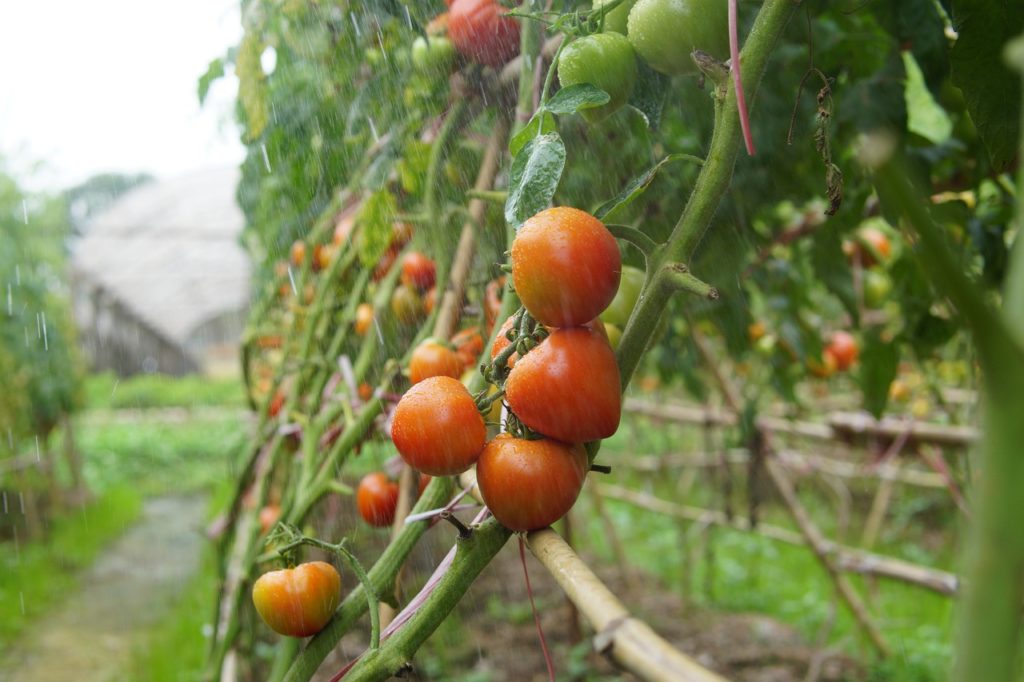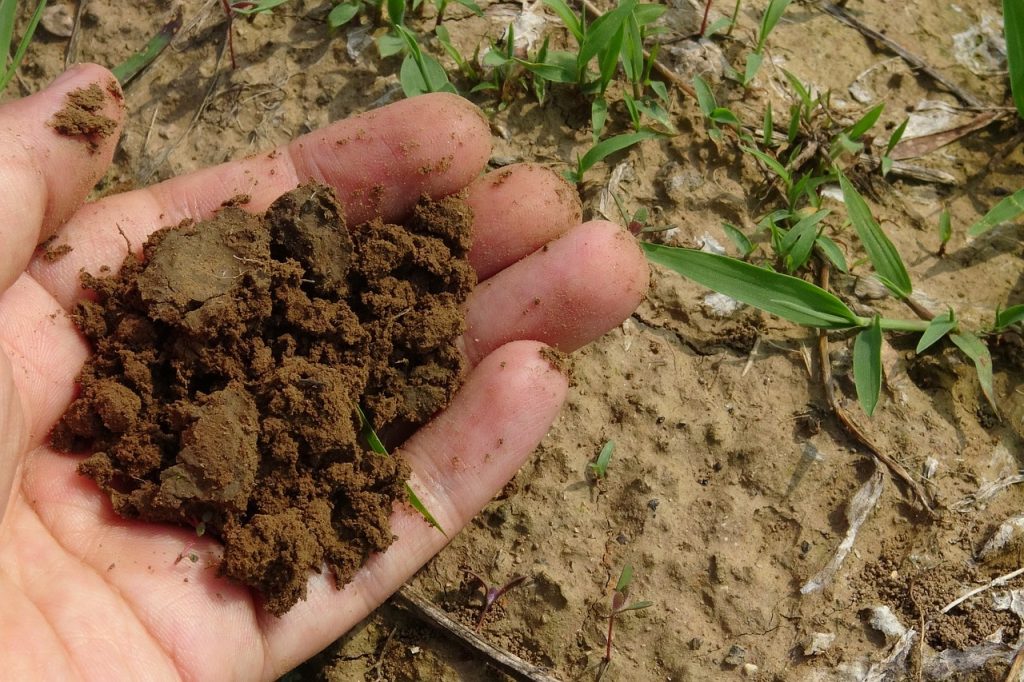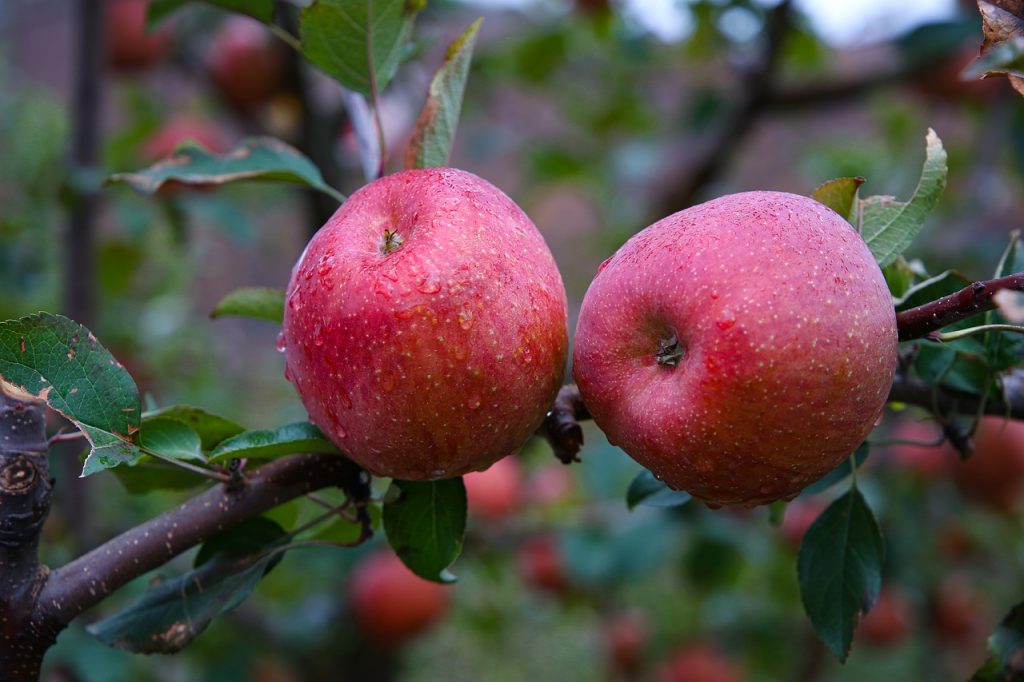Jammu and Kashmir experiences diverse climatic conditions, owing to its geographic location. Based on the climate, the region has three zones, namely sub-tropical, temperate, and intermediate. Owing to the differences in the climate and soil conditions in these zones, different crops grow in different parts of J&K. The main crop grown in Kashmir is saffron; the major food crops that grow in Kashmir include rice, maize, millets, pulses, and wheat; and the fruits grown in Jammu and Kashmir include apples, apricots, cherries, pears, and walnuts. If you are wondering what are the famous vegetables of Kashmir, or what is the vegetable cultivation in J&K like, then the following information will be helpful for you. Here, we give you a list of vegetables grown in Jammu and Kashmir.
Kathua, Udhampur, and Rajouri fall in the sub-tropical zone, which experience hot summers, heavy monsoons, and dry winters. Mostly alluvial soil is found in this zone. Following is the list of vegetables grown in the sub-tropical areas of J&K:
- Tomatoes
- Potatoes
- Chillies
- Brinjals
- Radishes
- Turnips
- Carrots
- Peas
- Beans
- Onions
- Garlic
- Cucumbers
- Pumpkins
- Bitter gourds
- Ash gourds
- Ridge gourds
The intermediate zone includes parts of Doda, Darhal, Balakot, Poonch, and Udhampur. This zone is characterized by mild summers, good rains, and considerably wet winters. Here is a list of vegetables grown in this region of Jammu and Kashmir.
- Cucumbers
- Tomatoes
- Potatoes
- Garlic
- Onions
- Peas
- Beans
- Chillies
- Capsicums
- Okra
The hilly terrains of Jammu and regions such as Kishtwar, Paddar, Darhal, and Bhaderwah are included in the temperate zone of J&K. In this zone, the summers are mild and dry, rains are scanty, and the winters are wet and cold. Here is the list of vegetables grown in these parts of Jammu and Kashmir.
- Cabbage
- Cauliflower
- Peas
- Beans
- Tomatoes
- Cucumbers
- Capsicums
According to the data collated by SKUAST-Jammu, 2018-18, the total area under the cultivation of vegetables was 1.5 lakh acres that time and the total vegetable cultivation amounted to over 13 lakh metric tons. Agriculture is a prime industry here, and the weather and soil conditions offer considerable opportunity for farmers to experiment with the cultivation of different crops.
According to a report published in India Today, in July 2021, diverse vegetables are being cultivated in Wanigund, a small village in the Kulgam district of South Kashmir. Around 2,17,8000 square metres of land here is used for vegetable cultivation. The vegetables grown here include cauliflowers, cucumbers, radishes and turnips. A total of about 30,000 kg of cucumber are harvested in a day in this village.
In the Bagh district of J&K, winter vegetables such as peas, turnips, radishes, carrots, potatoes, garlic, onions, lettuce, coriander, fenugreek, cauliflower, knol khol, and cabbage are extensively cultivated here.
Since 2019, the Jammu and Kashmir administration has launched an outreach program to promote the cultivation of exotic vegetables and herbs among farmers in the region. Seeds are imported from Holland and Spain and given to local farmers at affordable prices. This initiative has led to the cultivation of vegetables such as lettuce, broccoli, celery and parsley in Kashmir. As of 2019, about 100 hectares of land in J&K is under the cultivation of exotic vegetables.
Radishes, tomatoes, and okra have been the main vegetables grown in Jammu and Kashmir and among the other primarily grown vegetables are cauliflower and cabbage. In recent years, the government has started introducing schemes and providing incentives to farmers for experimenting with different crops. Due to such initiatives and the use of modern farming techniques, some fruits, vegetables and food crops that were not grown in Kashmir earlier, are currently being cultivated here.
J&K is already blessed with a climate and soil conducive to agriculture. Additionally, farmers presently are experimenting with new crops, adopting advanced techniques of cultivation and harvest, and using good marketing strategies to promote their agricultural products in the world market. The grains, fruits, and vegetables grown in Jammu and Kashmir are of very good quality and have a huge potential for sale across the globe.



